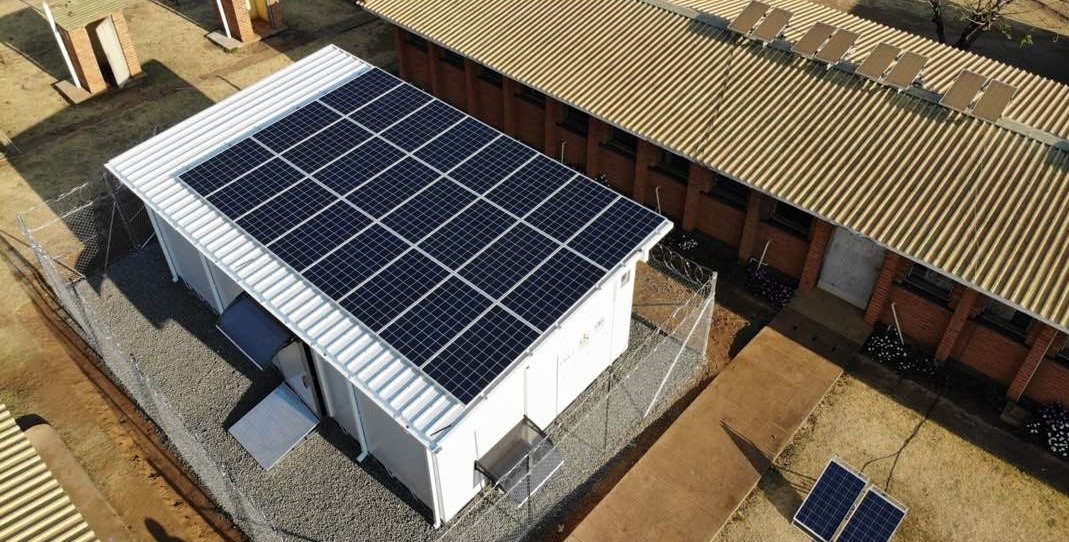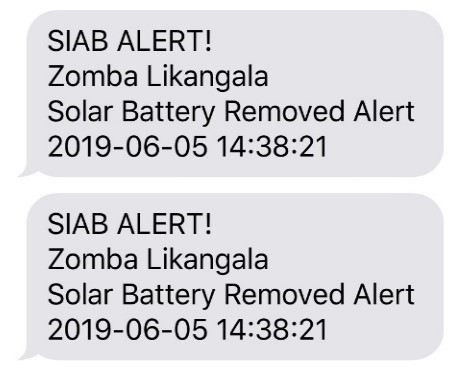Between 2016 and 2017, the U.S. President’s Emergency Plan for AIDS Relief (PEPFAR), the United Kingdom’s Department for International Development (DFID), the Global Fund, and World Bank completed initial efforts to address this challenge by installing 210 prefabricated storage units at health facilities with access to the electrical grid. However, this still left the health facilities that support up to 80 percent of people in rural areas (where many health facilities are not connected to the electrical grid) without a storage solution.
Between September 2018 and March 2019, with funding from PEPFAR, the U.S. President’s Malaria Initiative (PMI), and DFID, the USAID Global Health Supply Chain Program-Procurement and Supply Management (GHSC-PSM) project spearheaded a major initiative to install an additional 239 pre-fabricated pharmacy storage units at health facilities in rural areas, including 117 health facilities off the electrical grid that would be powered by solar panels.


